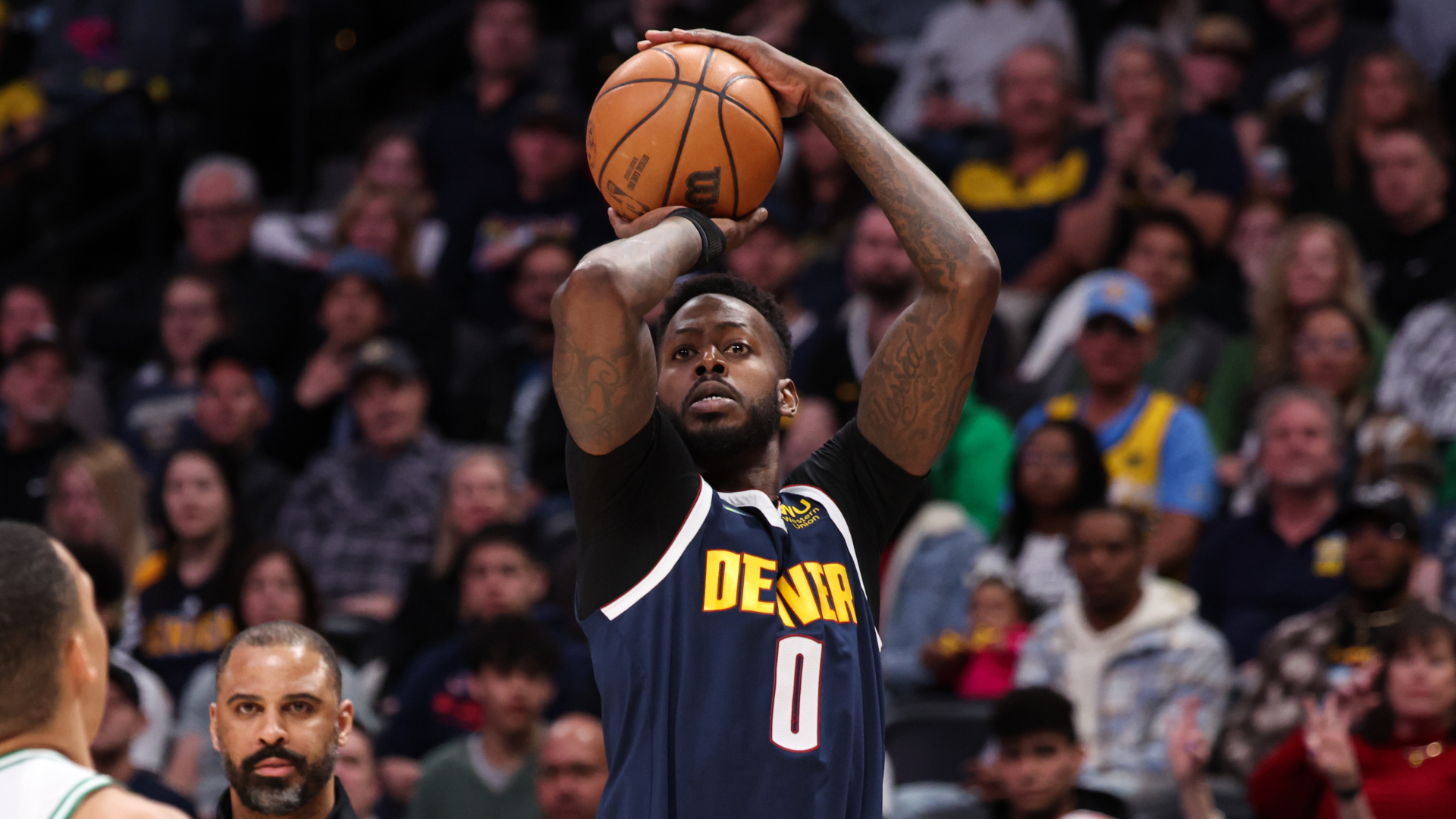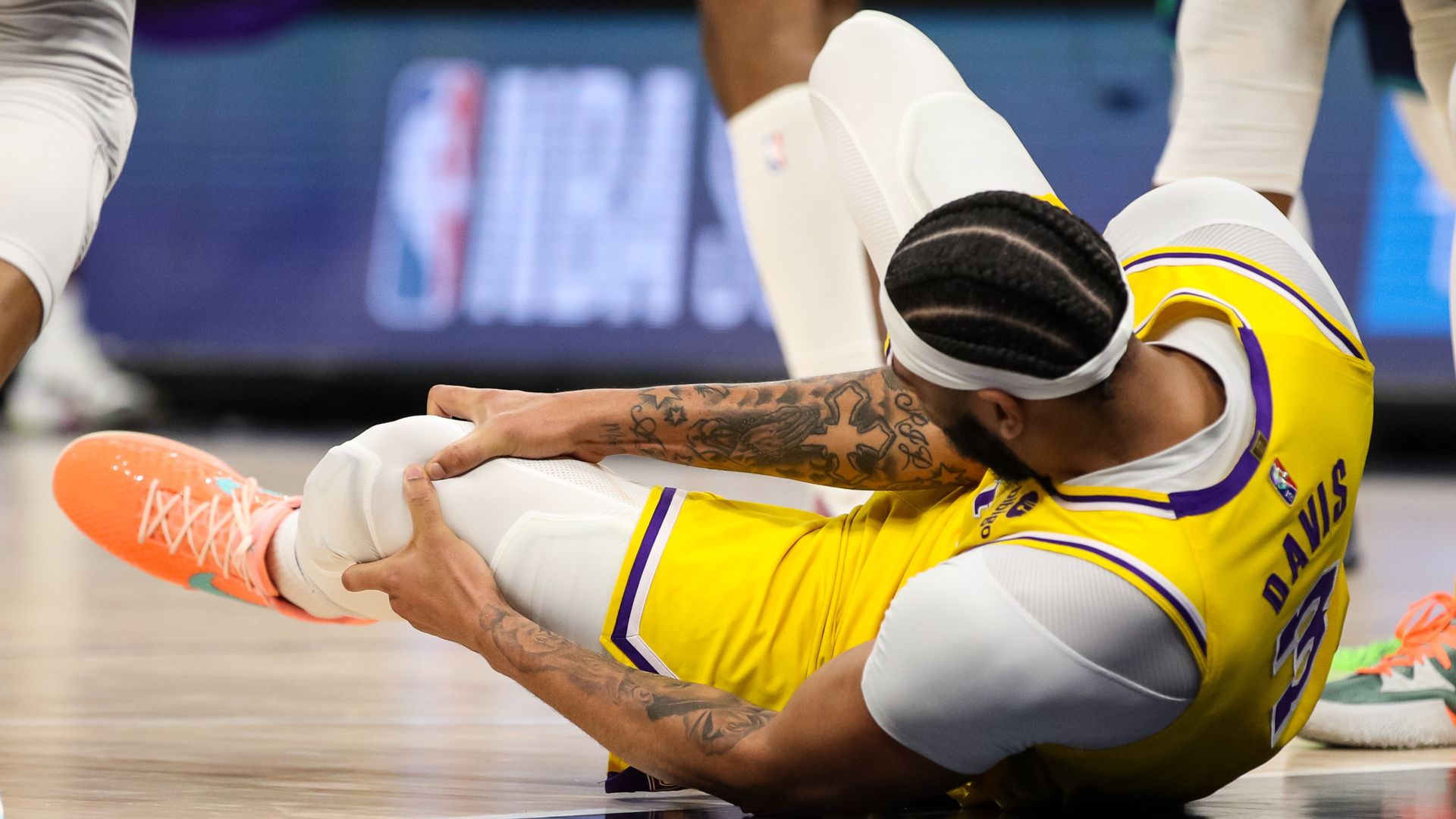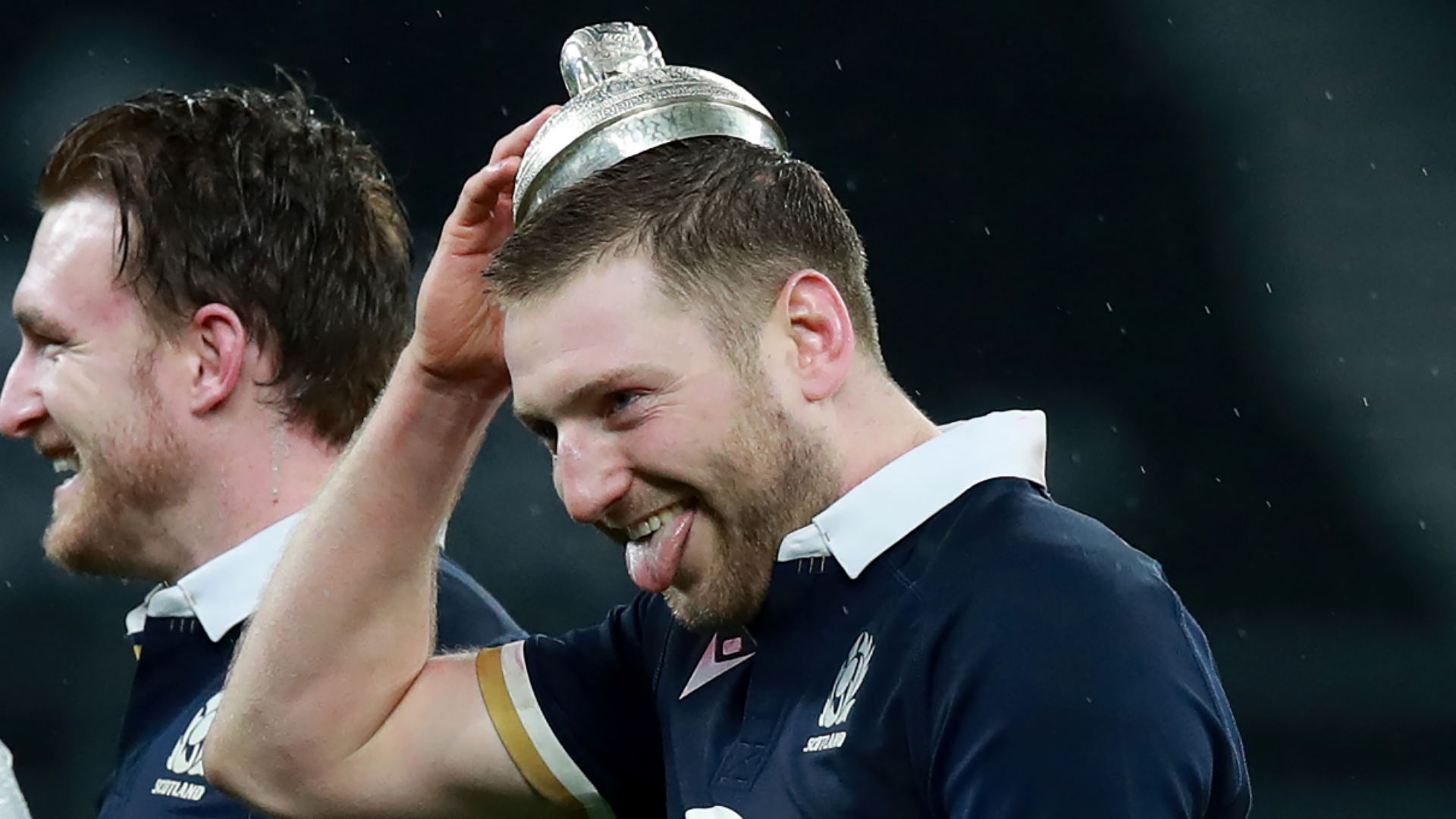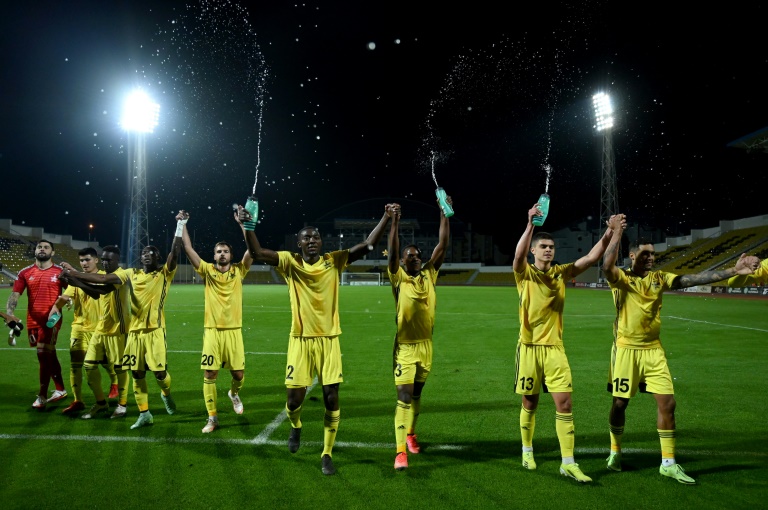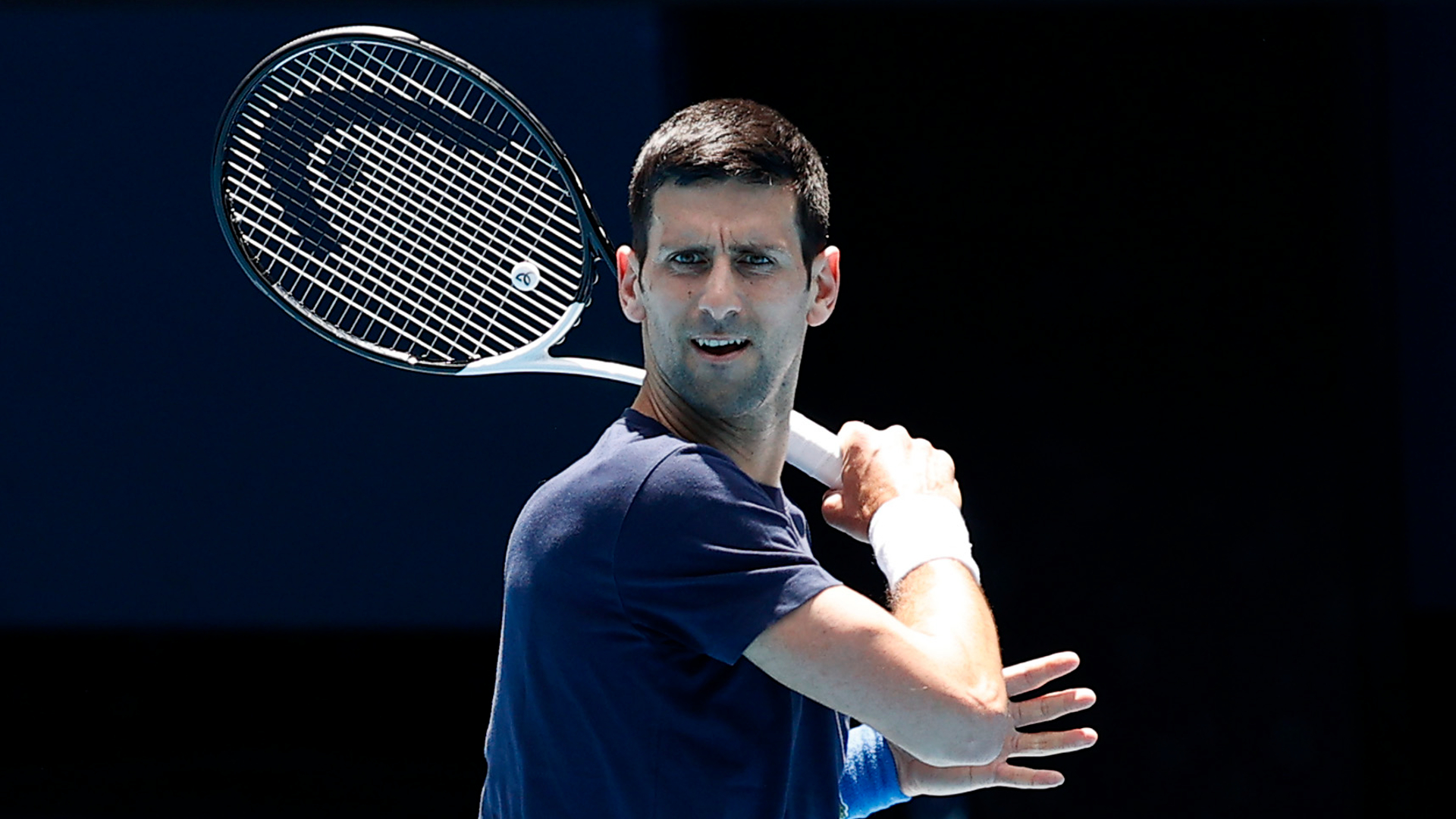
Australian Open chief executive Craig Tiley will not stand down from his position over the handling of the Novak Djokovic case and has refuted claims that Tennis Australia funded the world number one’s legal expenses.
Tiley was speaking after the Federal Court published the written reasons for rejecting Djokovic’s appeal to remain in Australia, stating it was “plainly open” to Immigration Minister Alex Hawke that the reigning Australian Open champion was opposed to a COVID-19 vaccination.
Djokovic failed in his second bid to overturn a decision from the government to cancel his visa on public health grounds at the Federal Court in Melbourne on Sunday, a day before the Australian Open started.
The 20-time grand slam winner arrived back in Belgrade on Monday, bringing an end to a saga that began after he was held at an airport in Melbourne on January 6 due to his travel declaration form containing incorrect information.
It was reported this week that Tennis Australia covered all of Djokovic’s legal fees, but Tiley – who was jeered by spectators on Thursday while on-court to present flowers to the retiring Samantha Stosur – denied that was the case.
“I have seen those reports and we don’t really go into the detail of financial arrangements we have with players,” he told Channel 9. “But those reports are simply untrue.”
Asked if he intended to step aside as chief executive due to the perceived mishandling of the saga, Tiley replied “no” before turning focus to the remainder of the tournament.
“I am very focused today on delivering a great event,” he said.
“I am proud of being able to stand up here and you can see what is behind us. I am proud of what the team has done and what we have delivered so far.”
Djokovic won his first appeal to avoid deportation from Australia, but Hawke used separate powers to again cancel the 34-year-old’s visa.
That decision was taken amid much backlash in Australia and was upheld unanimously by three judges of the Federal Court’s full bench.
Four days on from that verdict, which denied Djokovic the chance to win a record-extending 10th Australian Open crown, Chief Justice James Allsop delivered the court’s reasons for rejecting the challenge.
It was found that it was reasonable for Hawke to be concerned by Djokovic’s high-profile presence in the country as it “may encourage rallies and protests that may lead to heightened community transmission.”
“An iconic tennis star may influence people of all ages, young or old, but perhaps especially the young and the impressionable, to emulate him,” Allsop added in his report.
“This is not fanciful; it does not need evidence.
“Even if Mr Djokovic did not win the Australian Open, the capacity of his presence in Australia playing tennis to encourage those who would emulate or wish to be like him is a rational foundation for the view that he might foster anti-vaccination sentiment.
“I consider that behaviour by influential persons and role models, which demonstrates a failure to comply with, or a disregard of, public health measures has the potential to undermine the efficacy and consistency of the Australian Government’s and State and Territory Governments’ management of the evolving COVID-19 pandemic.
“Mr Djokovic is such a person of influence and status. Having regard to the matters set out above regarding Mr Djokovic’s conduct after receiving a positive COVID-19 result, his publicly stated views, as well as his unvaccinated status, I consider that his ongoing presence in Australia may pose a risk to the good order of the Australian community.”




